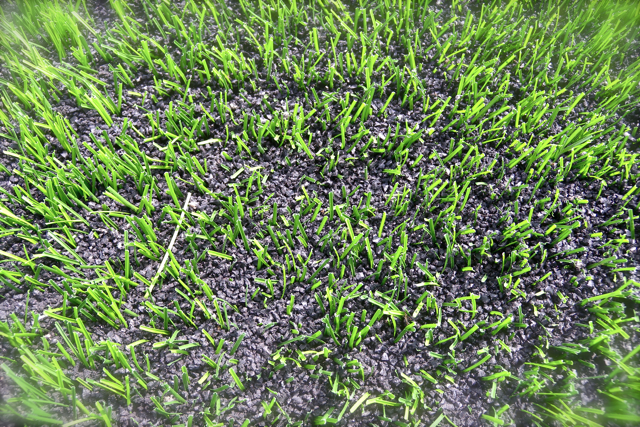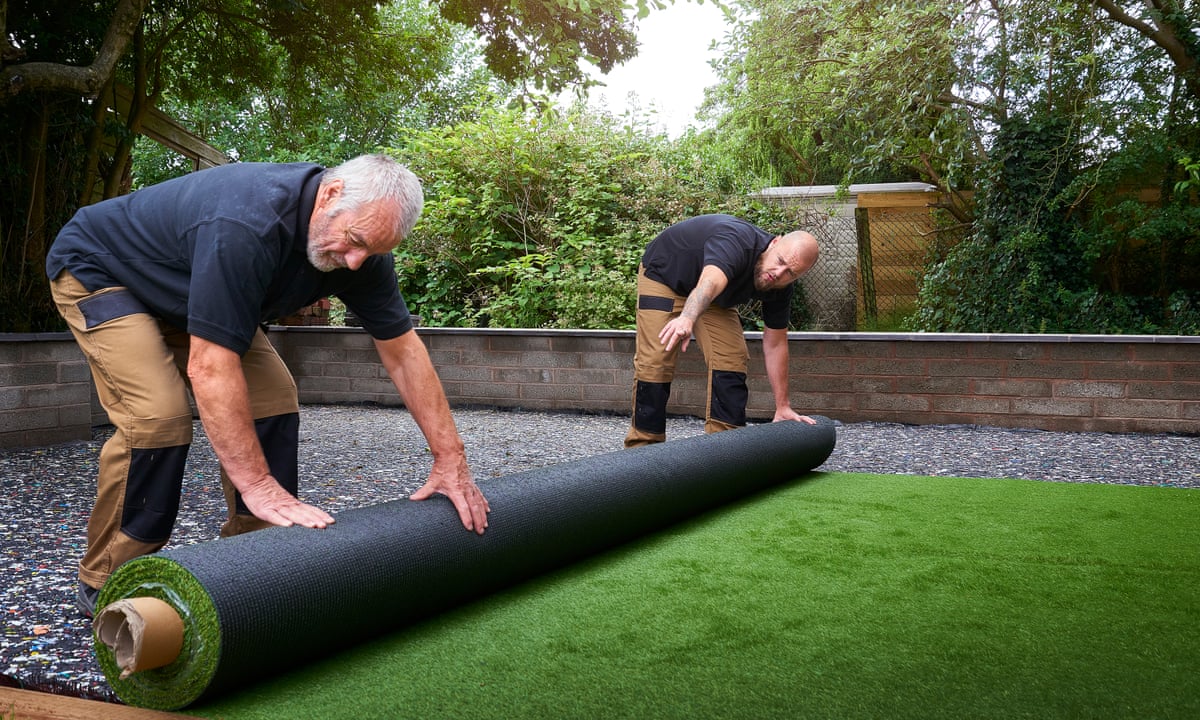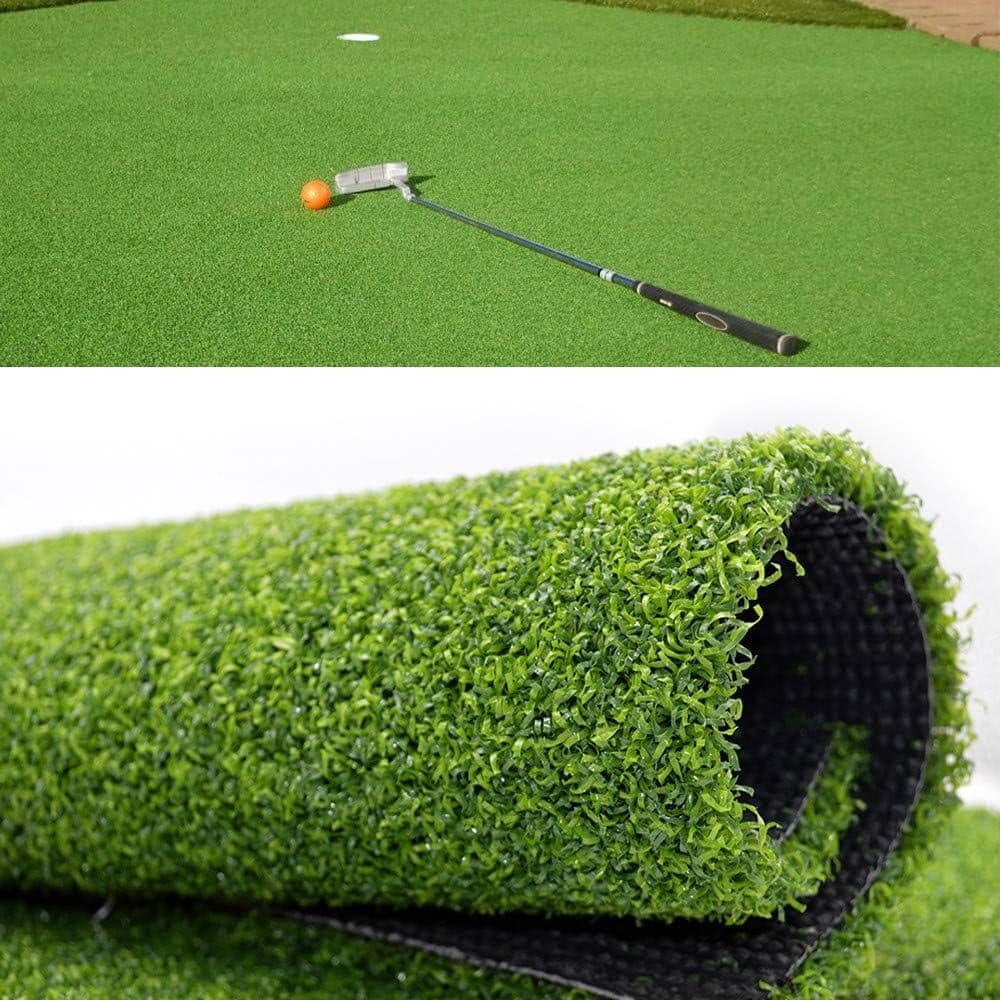Top Arizona Turf Suppliers Ensuring a Realistic Lawn Alternative
Top Arizona Turf Suppliers Ensuring a Realistic Lawn Alternative
Blog Article
Explore the Environmental Advantages of Opting for Artificial Turf Solutions
The adoption of man-made lawn remedies presents a compelling chance to attend to pushing ecological challenges. By considerably minimizing water usage and lessening the application of damaging chemicals, these options not just advertise lasting landscape design yet additionally shield neighborhood ecological communities.
Water Conservation Benefits
One of the most significant advantages of synthetic grass is its ability to conserve water. Traditional grass lawns call for significant watering, specifically in locations susceptible to drought or water restrictions. In contrast, artificial turf does not require watering, dramatically lowering the general demand for water resources. This attribute is specifically valuable in deserts where water scarcity is a pressing problem.
By eliminating the requirement for regular watering, fabricated grass adds to sustainable landscape techniques and assists minimize the environmental influence of excessive water usage. Moreover, the preservation of water prolongs to the reduction of overflow, which can result in dirt erosion and waterway air pollution.
Furthermore, the installment of synthetic grass permits homeowners and communities to allot water resources much more effectively, concentrating on important uses such as alcohol consumption water and farming. The shift in the direction of synthetic grass not only advertises accountable water use yet also aligns with wider ecological objectives focused on maintaining all-natural sources.
As communities increasingly prioritize sustainability, the water conservation benefits of synthetic grass provide an engaging situation for its fostering in business and property landscape design jobs.
Minimized Chemical Use
The shift to synthetic grass substantially reduces the reliance on chemical treatments typically used in natural yard upkeep. Typical lawn monitoring normally involves the application of plant foods, chemicals, and herbicides to advertise growth and control pests. These chemicals can position threats to human wellness, regional wildlife, and the setting, adding to soil and water contamination.
In comparison, synthetic lawn gets rid of the demand for these damaging materials. By reducing the launch of synthetic substances right into the community, fabricated turf advertises much healthier soil and water systems.
Additionally, the absence of chemical overflow connected with synthetic grass setups aids safeguard regional rivers from contamination, sustaining marine life and maintaining biodiversity. Phoenix turf companies. As areas increasingly prioritize lasting techniques, going with synthetic grass presents a practical option that straightens with ecological preservation goals. Through this shift, residential or commercial property owners can appreciate lavish green spaces without jeopardizing environmental health and wellness, leading the means for an extra lasting future
Reduced Carbon Impact

In addition, the installation of synthetic grass can cause substantial water conservation. All-natural grass call for substantial quantities of water for irrigation, which not only contributes to the carbon footprint connected with water removal and therapy yet also strains local water resources. In contrast, man-made grass requires very little upkeep, calling for no watering, therefore considerably decreasing water use and its linked power prices.
In addition, the long life of fabricated lawn adds to its lower carbon influence. With a life expectancy of as much as 15 years or more, the need for frequent replacements is lessened, causing much less waste and reduced energy consumption in production and dealing with conventional grass alternatives. On the whole, synthetic grass provides a lasting alternative for ecologically mindful landscaping.
Environment Conservation
Habitat conservation is an essential factor to consider in the argument over landscaping options, particularly when contrasting synthetic grass to all-natural lawn. Natural yard lawns frequently call for considerable maintenance, consisting of using pesticides, herbicides, and plant foods, which can negatively influence regional communities. These chemicals can seep into the dirt and waterways, hurting native plants and animals and interrupting neighborhood habitats.
On the other hand, synthetic grass presents a possibility to decrease the eco-friendly footprint of landscape design. By choosing synthetic yard, property owners can decrease the disruption of natural environments related to standard lawn care methods. Synthetic grass gets rid of the demand for damaging chemicals, therefore protecting close-by wild animals and maintaining the integrity of bordering ecological communities. The setup of artificial lawn can lead to the conversion of former grass locations right into even more biodiverse landscapes, such as pollinator gardens or indigenous plant areas, which can sustain neighborhood wild animals.
Inevitably, the change to fabricated lawn not just saves water and minimizes upkeep initiatives however likewise promotes a more harmonious partnership in between human tasks and the native environment, advertising environment preservation while doing so.
Long-Term Sustainability
Lasting sustainability is a vital aspect in assessing the benefits of synthetic grass over standard turf lawns. Among the most significant advantages of man-made turf is its sturdiness; it can last up to 15-20 years with marginal maintenance, whereas natural yard needs frequent reseeding and substitute. This longevity lowers the requirement for constant sources, such as water, fertilizers, and chemicals, which are necessary for maintaining a healthy and balanced turf lawn.
Furthermore, synthetic grass contributes to a decrease in carbon emissions connected with lawn treatment equipment. Typical lawns usually view website need gas-powered pop over here lawn mowers, trimmers, and blowers, every one of which add to air contamination. Arizona turf. In contrast, synthetic grass gets rid of the need for such devices, advertising a cleaner environment
Additionally, the manufacturing of synthetic lawn increasingly uses recycled products, boosting its sustainability profile. As makers take on environment-friendly practices, the environmental impact of synthetic grass proceeds to lessen.

Final Thought
The fostering of artificial lawn options presents substantial environmental advantages, consisting of substantial water preservation, decreased dependence on dangerous chemicals, and a lower carbon impact. Artificial grass help in protecting all-natural habitats by lessening land disturbance and promoting lasting sustainability through the usage of durable materials. Jointly, these factors highlight the possibility of synthetic grass to contribute positively to ecological health and use a viable option to check my reference standard landscaping methods in a significantly resource-conscious world.
In contrast, man-made lawn does not require watering, considerably minimizing the total demand for water resources. By lessening the release of synthetic compounds right into the ecological community, artificial grass promotes much healthier dirt and water systems.
In addition, the installation of man-made grass can result in significant water preservation. In comparison, fabricated turf needs minimal maintenance, needing no watering, thus substantially lowering water use and its linked power prices.

Report this page